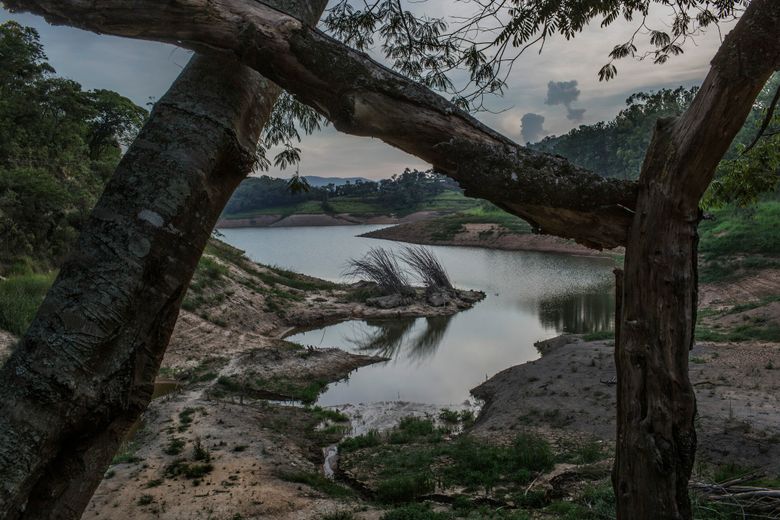By Delisa Morris
Impunity Watch Reporter, South America
BRASILIA, Brazil — How does the world’s biggest water supply in the seventh biggest economy run out of water? When that country has its worst dry stretch since the 1930s.

Brazil is sometimes called the “Saudi Arabia of water,” water is so abundant in the area that it’s likened to living above a sea of oil. However, the taps are starting to run dry. The problem has been worsened by polluted rivers, deforestation and population growth, the largest reservoir system serving São Paulo is near depletion.
Currently, many residents are enduring sporadic water cutoffs, some going days without it. Officials have said that water service provided two days a week, drastic rationing, may be needed.
Though the views are grimmer behind closed doors. In a meeting recorded secretly and leaked to the local news media, Paulo Massato, a senior official at São Paulo’s water utility, said that residents might have to be warned to flee because “there’s not enough water, there won’t be water to bathe, to clean the home.”
Marússia Whately, a water specialist at Instituto Socioambiental, a Brazilian environmental group, said, “We’re witnessing an unprecedented water crisis in one of the world’s great industrial cities.” She added, “Because of environmental degradation and political cowardice, millions of people in São Paulo are now wondering when the water will run out.”
Some have already had no running water for days.
“Imagine going three days without any water and trying to run a business in a basic sanitary way,” said Maria da Fátima Ribeiro, 51, who owns a bar in Parque Alexandra, a gritty neighborhood on the edge of São Paulo’s metropolitan area. “This is Brazil, where human beings are treated worse than dogs by our own politicians.”
Residents are taking matters into their own hands by drilling wells around homes and apartment buildings. Others have implemented water conservation methods of hoarding water in buckets to wash clothes or flush toilets. Public schools are prohibiting students from using water to brush their teeth, and serving sandwiches instead of meals on plates that need to be washed.
The worse forecasts say that São Paulo’s main reservoir system could run dry in 2015.
For more information, please see:
The Telegraph – Taps run dry in Brazil’s biggest city as drought bites – 23 Feb. 2015
The Seattle Times – Severe drought pushes Brazil’s largest city toward water crisis – 21 Feb. 2015
The Independent – Brazil water shortage: Sao Paulo devastated by its worst drought on record – 23 Feb. 2015
Independent.IE – Has Brazil’s largest city just run out of water? – 23 Feb. 2015